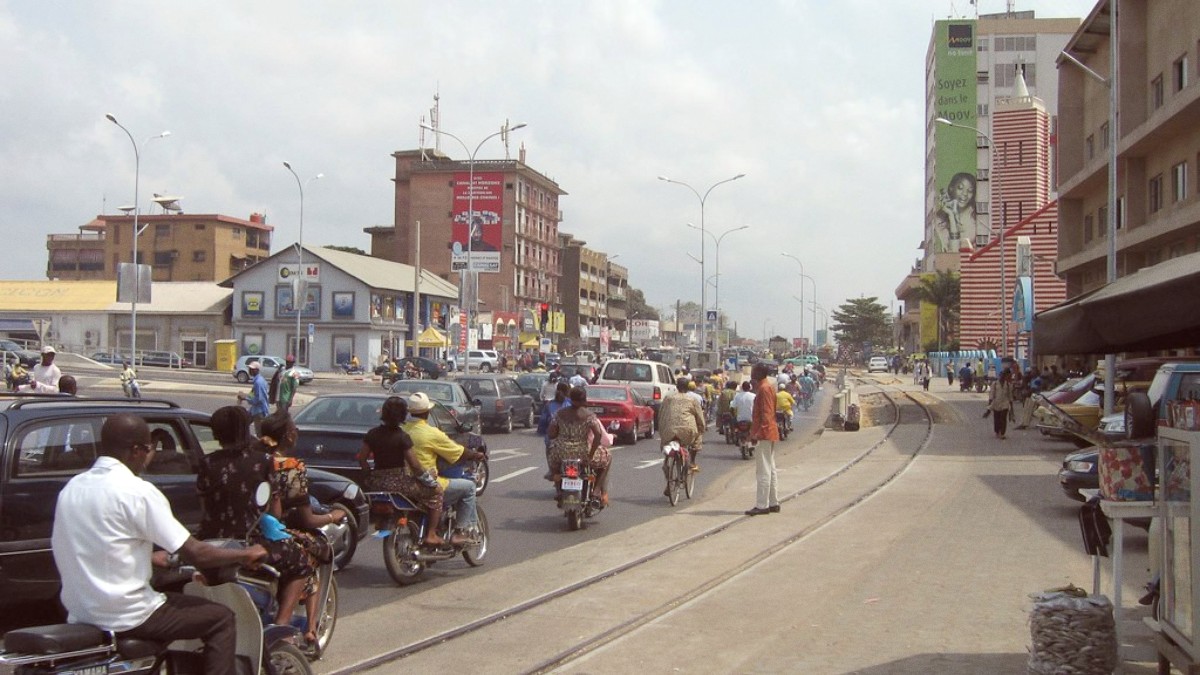
Benin
Cotonou's flat, urban landscape means traditional outdoor adventures like hiking appear outside the city. Within Cotonou, activities lean towards its coastal and lagoon environments.
No formal hiking or trekking routes exist within Cotonou. The city is flat, densely populated, and characterized by urban development, not natural trails.
For any hiking, one needs to travel well outside Cotonou. Options include hills near Abomey or further north to the Atakora Mountains, where natural areas and waterfalls like those around Tanougou reside. These require specific planning and transport.
Cotonou is not a destination for typical adventure sports like whitewater rafting, bungee jumping, or ziplining. If seeking such activities, look to other regions or countries. Benin focuses more on cultural and wildlife tourism (in the north).
Exercise caution when swimming at Fidjrossè Beach due to strong currents and the general lack of lifeguards. Cycling on city roads is highly risky due to dense, chaotic traffic and a lack of bicycle infrastructure.
Cotonou presents several avenues for cultural immersion, from direct interaction with local crafts to traditional performances.
Occasionally performed at cultural centers like Institut Français or during special events and festivals. These present a chance to witness the rich artistic heritage of Benin.
While not designed as "performances" for tourists, it is possible to respectfully witness or be invited to traditional Voodoo ceremonies. This is especially true during the annual Voodoo Festival in January (often centered in Ouidah, but some rituals occur in Cotonou).
National Voodoo Festival (Fête du Vodoun) is annually on January 10th. Independence Day is celebrated on August 1st. Check local listings or the Institut Français for occasional music festivals, concerts, or other cultural performances.
Palais des Congrès hosts major events, concerts, and theatrical performances. The Institut Français presents a smaller, more intimate setting for theatrical performances, cultural shows, and poetry readings.
Most luxury hotels (e.g., Azalaï Hotel de la Plage, Golden Tulip Le Diplomate) feature basic spa services, including massages and beauty treatments. Standalone dedicated spa or wellness centers outside of hotels are limited in the city.
Several restaurants and bars along Fidjrossè Beach present seating areas directly on the sand and give beach access. These feature a relaxed atmosphere for enjoying drinks and meals by the ocean. Some luxury hotels may present day passes for non-guests to use their swimming pools, giving a refreshing escape from the heat.
Cotonou presents options for relaxation, mainly within its hotel facilities and coastal areas.
Several restaurants and bars along Fidjrossè Beach present seating areas directly on the sand and give beach access. These feature a relaxed atmosphere for enjoying drinks and meals by the ocean.
Mainly located within hotels. Some luxury hotels may present day passes for non-guests to use their swimming pools, giving a refreshing escape from the heat. Inquire directly with the hotels for day pass availability.
Cotonou's wellness scene is mainly hotel-centric, offering conveniences within established accommodations. For dedicated spa treatments, larger hotels are the main option.
For traditional healing practices, cultural sensitivity and local guidance are very important.
Fidjrossè Beach offers an accessible natural space for relaxation and enjoyment of the ocean breezes. Consider beachfront dining for a leisurely evening.
Cotonou has a lively nightlife scene, presenting a range of options from local music venues to nightclubs.
Cotonou has several active nightclubs. Music ranges from popular African genres (Afrobeats, Coupe-Décalé) to international pop and hip-hop. These establishments stay open until early morning hours, especially on weekends, providing opportunities for dancing and late-night socializing. Exercise caution when going out at night; use reputable taxis for transport and be mindful of your drinks.
Haie Vive is known for its concentration of more modern, upscale bars and lounges, popular with expatriates and wealthier locals, offering a more cosmopolitan nightlife experience. Fidjrossè Beach features a strip of casual beach bars and eateries where you can enjoy drinks with an ocean breeze. Downtown Cotonou offers more local bars and Maquis, providing a more authentic but potentially less comfortable experience compared to the upscale areas. No formal "pub crawls" or organized bar tours exist; you explore independently or with a local guide.
Nightclubs and some bars remain open until the early morning hours, especially on weekends. Street food vendors often operate late into the night, providing convenient options for late-night snacks after an evening out. This allows for sustained enjoyment of Cotonou's lively atmosphere into the early hours.
When out at night, prioritize safety by using reputable taxis and being mindful of your drinks. In markets, engage in polite bargaining and consider a tour for navigating large areas like Dantokpa. For unique experiences, check GetYourGuide.com for activities and experiences in Cotonou.